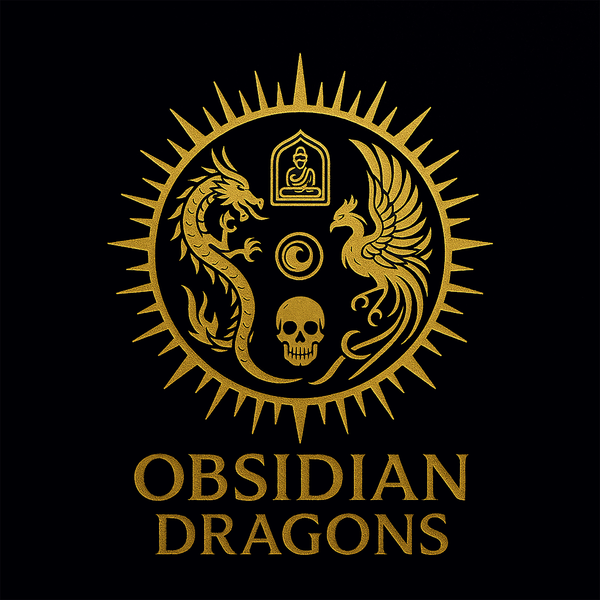PS
pendant, Taoist protection amulet, "ghost hunt" bell in the shape of Zhong Kui. 925 silver and copper.
pendant, Taoist protection amulet, "ghost hunt" bell in the shape of Zhong Kui. 925 silver and copper.
Couldn't load pickup availability
pendant, Taoist protection amulet, "ghost hunt" bell in the shape of Zhong Kui (description below)
925 silver and copper.
Dimension: 40/22 mm Weight in silver 16 grams
The ringing of the bell will prevent bad luck and the evil eye.
Zhong Kui (Chinese: 鍾馗; pinyin: Zhōng Kuí; Japanese: Shōki)
is a legendary exorcist from China. Deity of Chinese mythology. The Taoist god of exorcism Traditionally considered a slayer of ghosts and evil beings, and reputed to be able to command 80,000 demons, his image is often painted on household doors as a guardian spirit, as well as in places of cases where high value goods are involved.
According to tradition, Zhong Kui traveled with a friend from his hometown, Du Ping (杜平), to participate in the imperial examinations held in the capital. Despite Zhong Kui's excellent results and earning top honors in major examinations, his rightful title of "Zhuangyuan" (Top Candidate) was stripped from him by the Emperor due to his misshapen appearance.
In anger and fury, Zhong Kui committed suicide on the palace steps by throwing himself violently against the palace gates until his head was shattered. During his judgment after his death by suicide, Yama, the king of the underworld appreciated Zhong Kui's potential and his brilliant intelligence, but was condemned to hell by his suicide.
Yama gave him the title of King of Ghosts and asked him to hunt, capture, take care of and maintain the discipline and order of all ghosts. The new king of the underworld returned to the world of the living to thank his friend Du Ping and agreed to the latter's marriage to Zhong Kui's sister. Zhong Kui's popularity in Taoist symbolism can be attributed to the reign of Emperor Xuanzong of Tang (712 to 756). According to Song dynasty sources, two ghosts, taking advantage of the emperor's serious illness, took advantage of a dream to attack him, stealing an important bag with important imperial information and a flute belonging to him.
Zhong Kui captured the two thieves, tore out the eye of one of them and ate it. The emperor woke up cured of his illness. He ordered court painter Wu Daozipour to produce a portrait of Zhong Kui and showed it to court officials. This painting will sustainably inspire all subsequent performances. Zhong Kui became legendary and became a very popular subject in painting, art and folklore. Representations of the exorcist deity are often hung in homes to chase away ghosts and other poltergeists. Wearing it as a pendant also plays this protective role.
Its representation is often present during the New Year celebrations in order to guarantee an excellent year. It is often represented in Japanese art. He appears bearded, armed with a long sword and sometimes wearing a large straw hat.
This hero fights and kills oni (Japanese devils). In Taiwan and southern Fujian, at the end of certain ceremonies, a Taoist master or an actor impersonating Zhong Kui armed with a sword is sometimes asked to perform a dance that is believed to drive away evil spirits.
Traditionally, this show was considered dangerous for ordinary audiences who left before its performance. In the Chinese world, Zhong Kui sometimes appears as a protective god on doors.
The Zhong Kui myth is said to have origins older than the Tang dynasty. According to scholars Yang Shen (杨慎, 1488-1559), Gu Yanwu (顧炎武, 1613-1682), and Zhao Yi (赵翼, 1727-1814), the character's name is a graphic variant of zhong kui (终葵) , a ritual object of exorcism, whose name would be the disyllabic expansion of zhui (椎), a stick used to chase away spirits, according to ancient books such as the Zhouli.
According to Taiwanese folklorist Hu Wanchuan (胡萬川), the character of Zhong Kui is linked to the ancient Chinese traditions of nuo exorcism, in which disguised young people expelled evil influences from the palace during the Chinese New Year period.
Share
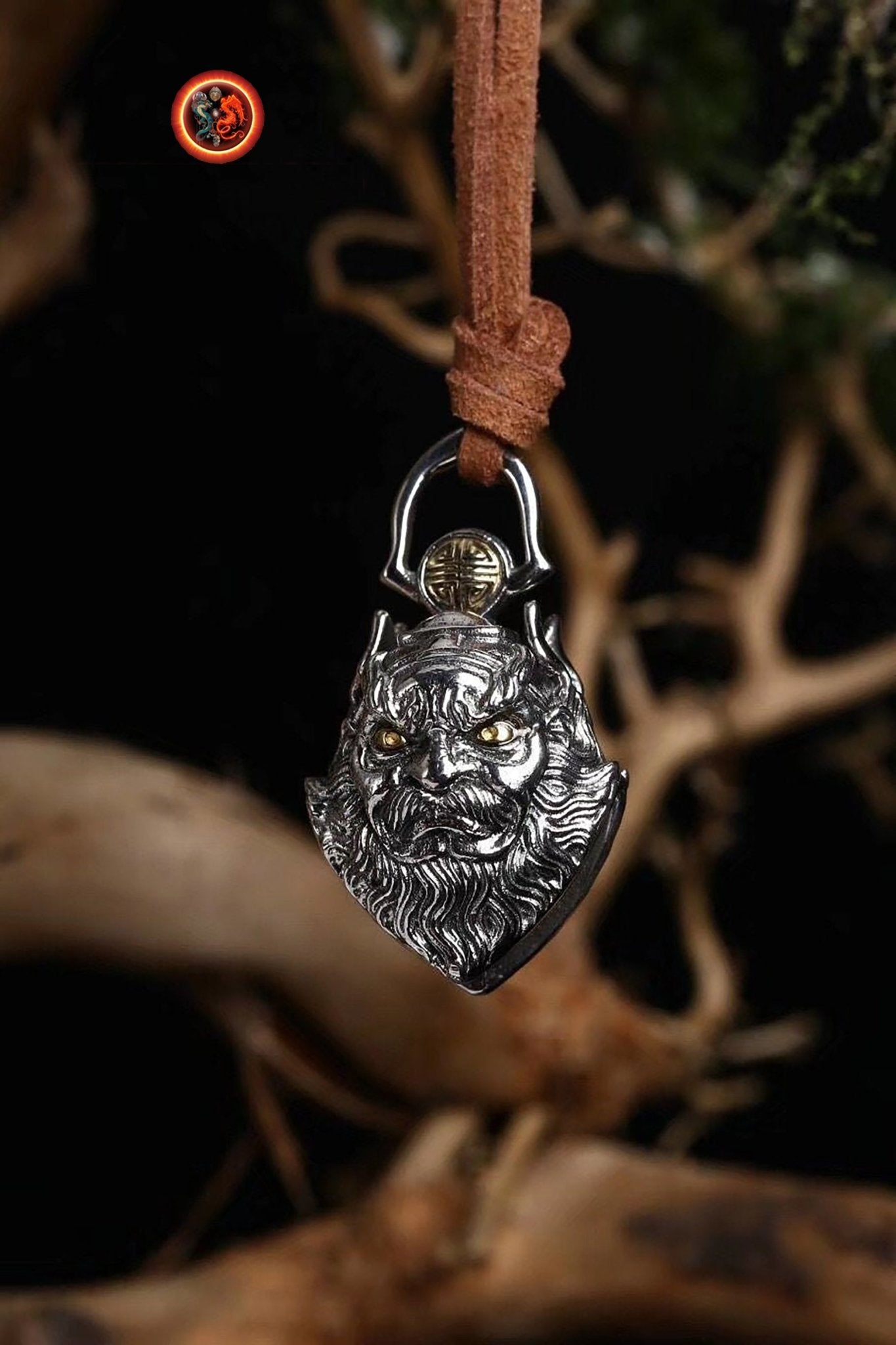
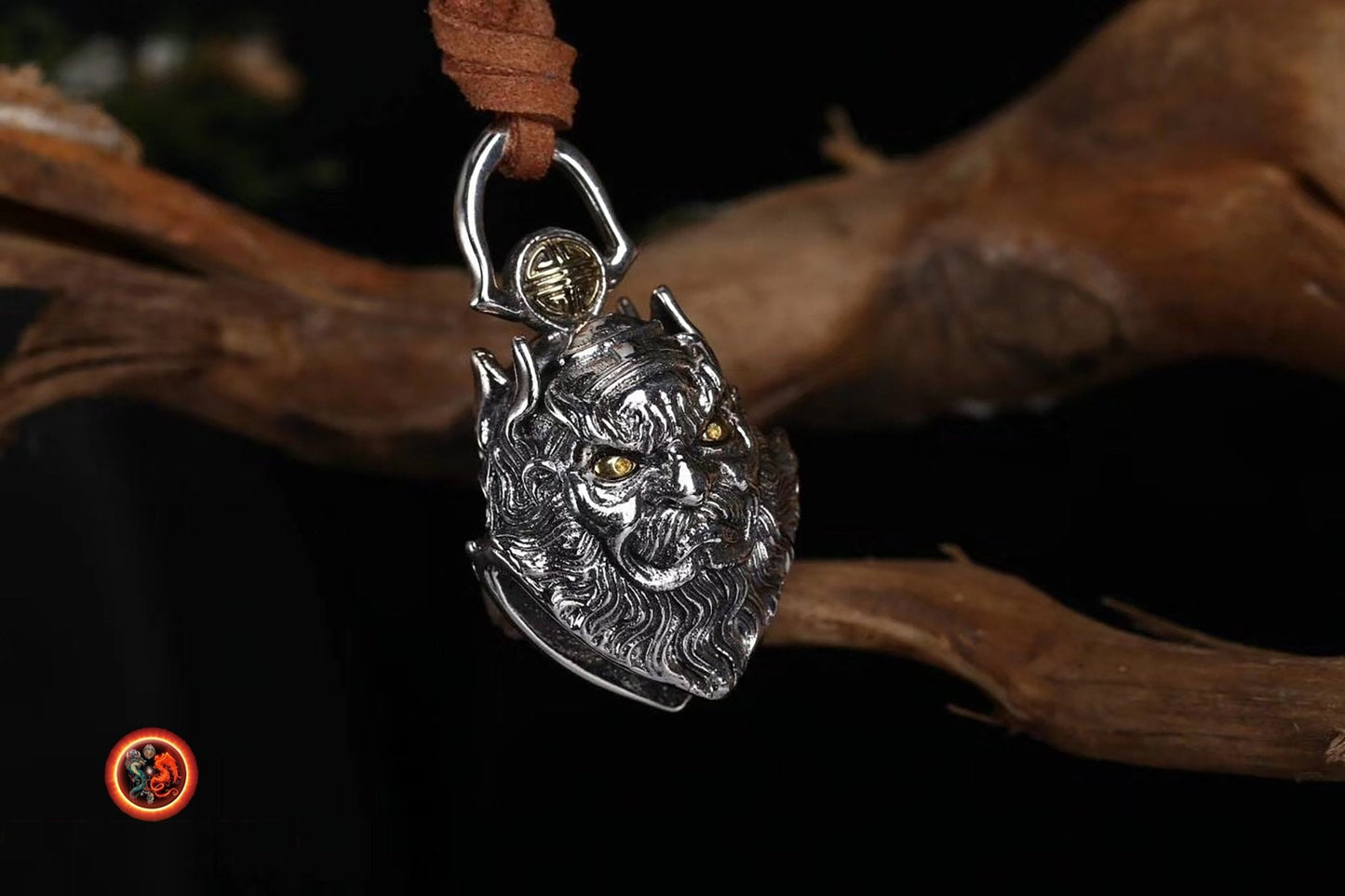
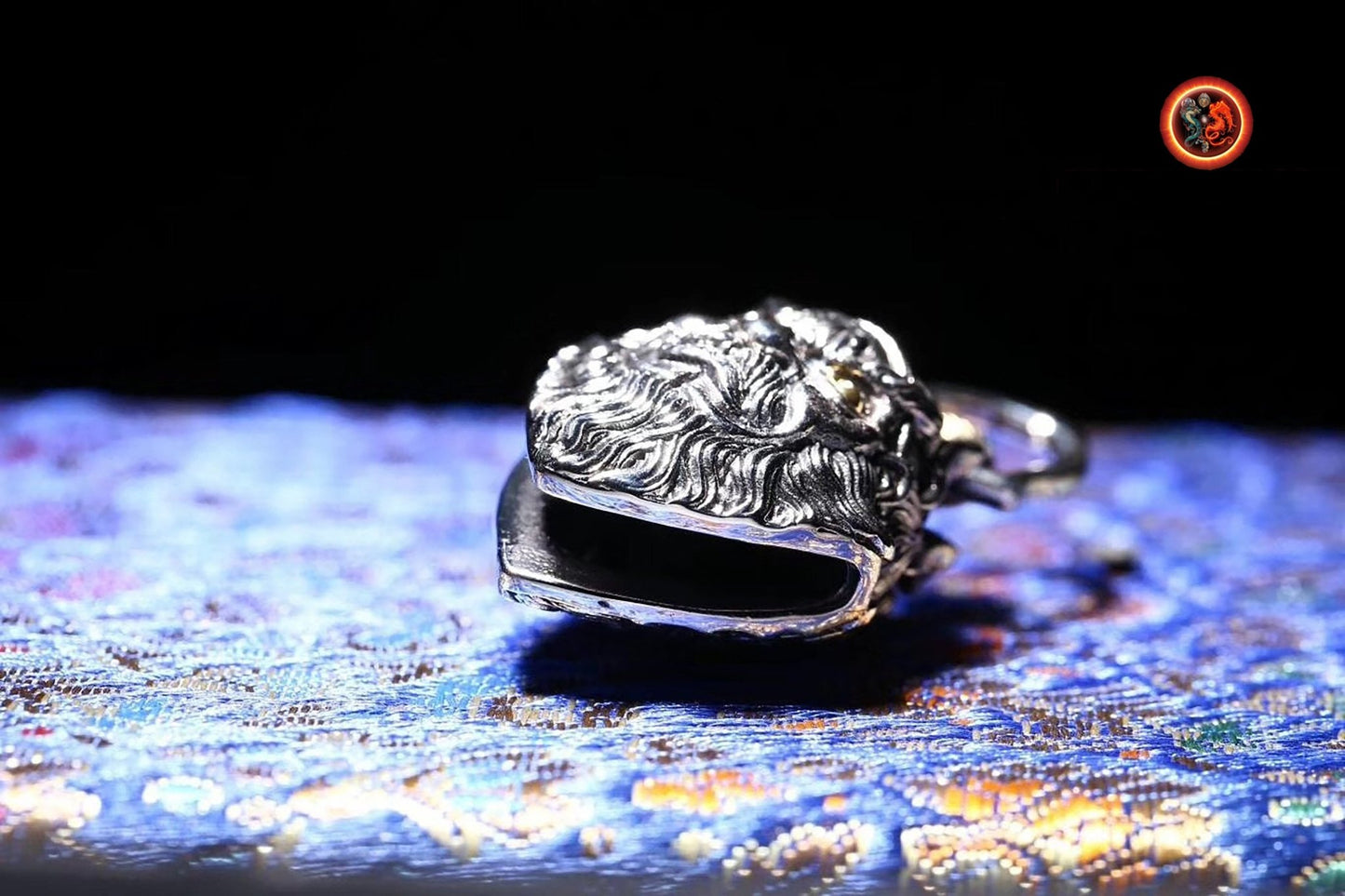
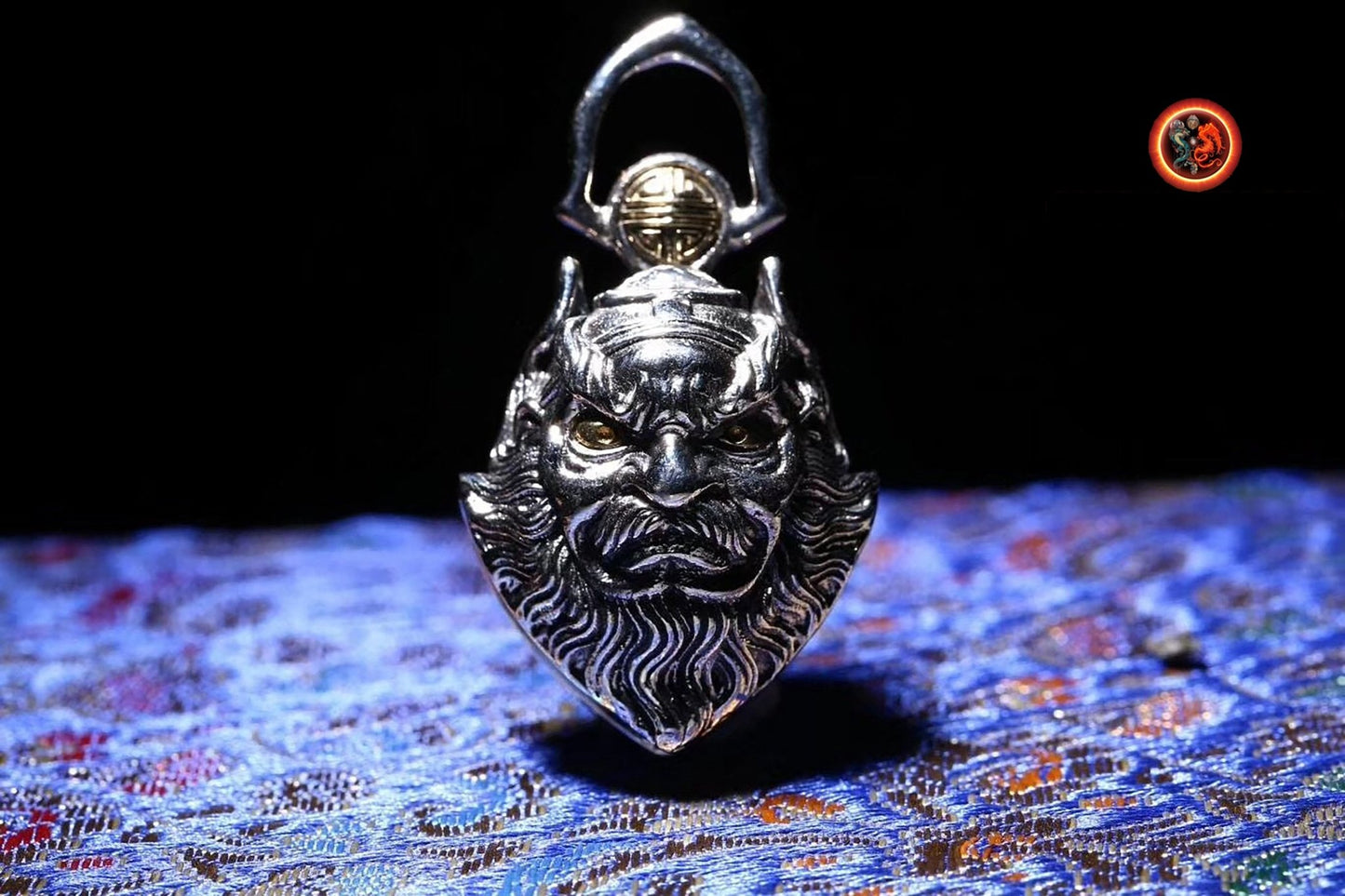
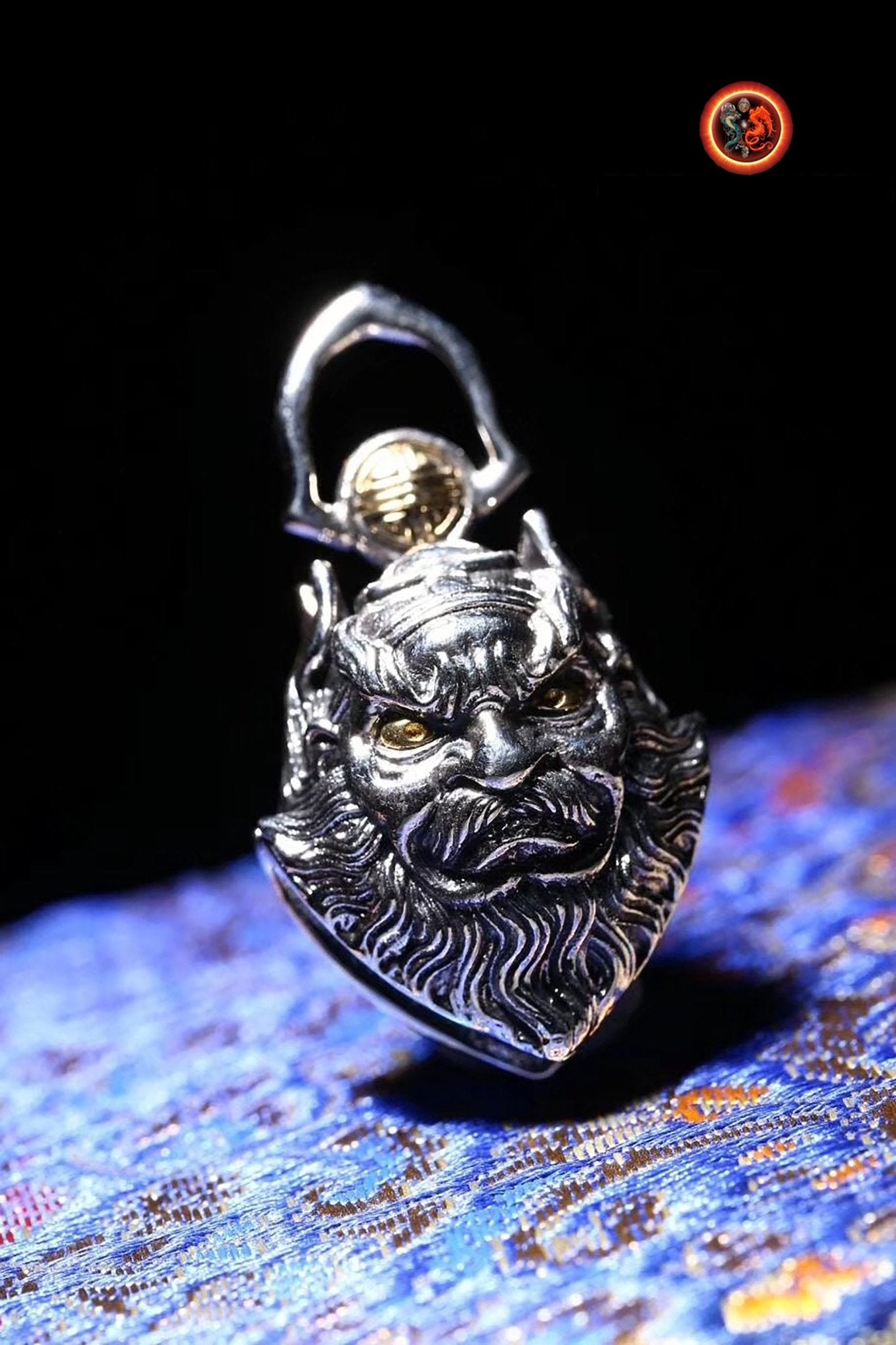
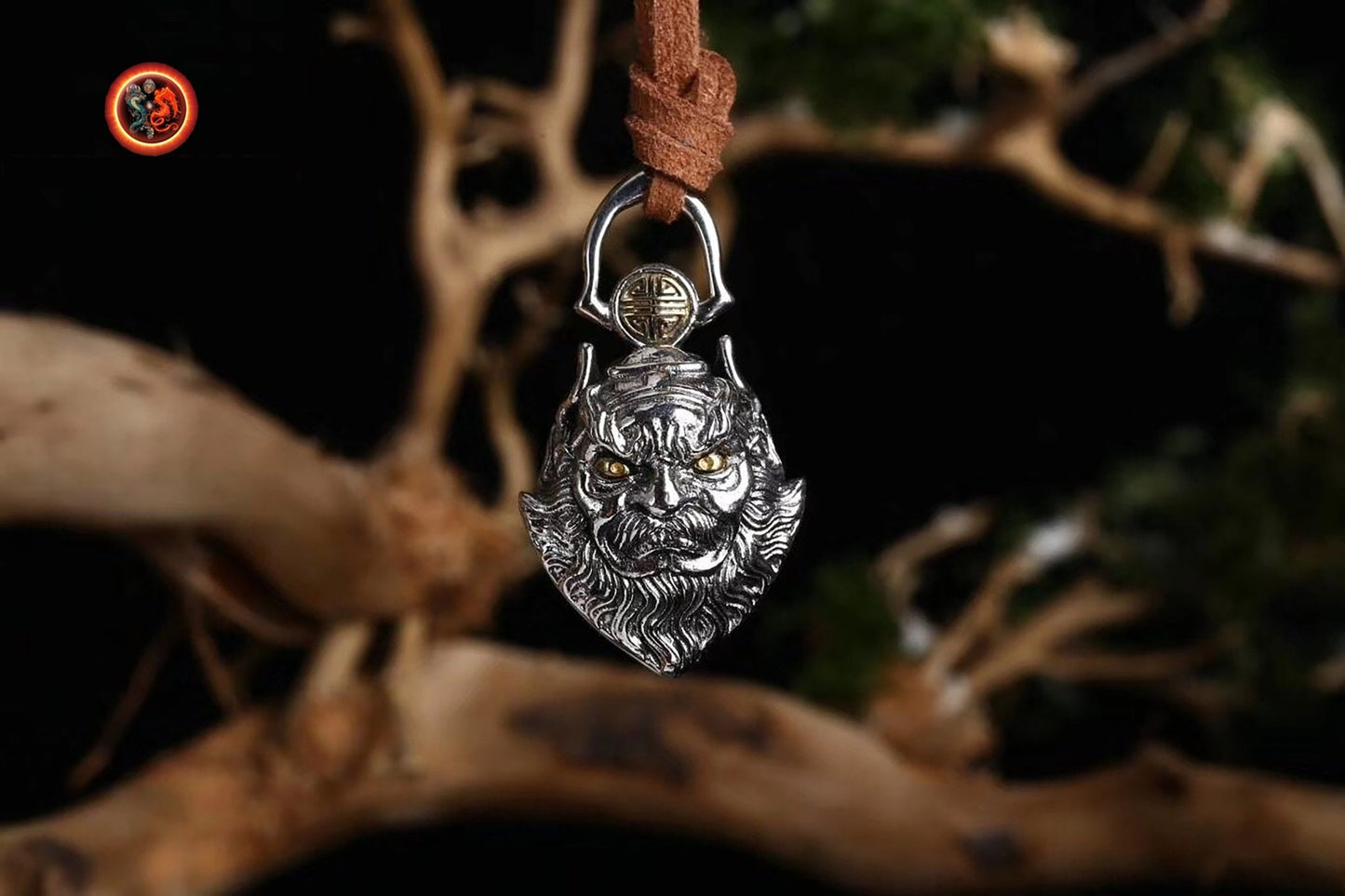

Return conditions for a Zen purchase
We offer you a money back guarantee within 14 days after delivery of your order.
If you are not completely satisfied with your purchase, please contact us to arrange a return of the product and a refund.
Except for returns, shipping is free on all orders.
Multi-column
Button text-
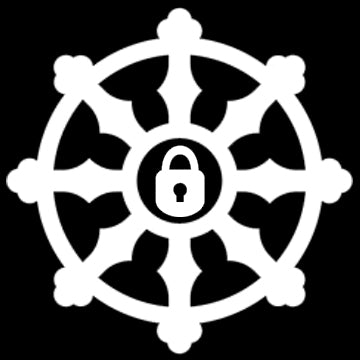
100% secure payment
3 times interest-free option with Scalapay
-

Free delivery in France and internationally
14 days money back guarantee after delivery (see our conditions of sale)
-

Column
Excellent customer service
Live chat
Whatsapp +33674049312
Let customers speak for us
from 926 reviewsTrop beau merci

très jolie obsidienne top deal qualité prix expédition.

Bijoux d’excellente qualité
Envoi rapide et réactivité au rendez-vous
Je recommande

Très belle statuette

Magnifique grande sphere . Superbes couleurs et tres haute qualité. Promesses largement tenues. Envoie rapide. Confiance totale pour un prochain achat.

Bonjour,
Je suis complètement satisfait de ce magnifique Mala Phurba en obsidienne. Les gemmes sont sublimes et sont d'une excellente qualité. La livraison de Chine en moins de 10 jours et dans un emballage hermétique c'est tout simplement exceptionnel. Merci pour ce sublimissime Mala.
Et merci pour se produit issu de l'artisanat.
Namaste

Très bel objet, conforme à la description et aux photos, bon emballage, expédition rapide et gratuite, suivi attentif par email, prix compétitif.

Le Mala a été livré très rapidement et je vous en remercie.
C’est notre fille qui l’a réceptionné, elle m’a confirmé que c’était une très belle pièce. Elle nous rejoint dans deux semaines, mon époux le découvrira alors et en fera le meilleur usage…
Merci pour le partage de votre passion ! 🙏🏽

Ce collier est magnifique et je vous remercie. C'est un travail splendide.
Au plaisir de voir bientôt.

bracelet puissant, je suis content de mon achat

Cet artisan est gémologue, il travaille avec des artisans qui sont des vrais artistes, je suis bluffé par la qualité des ouvrages sur l’argent et sa qualité. Quand à la qualité des pierres pas besoin d’être gémologue pour voir la qualité exceptionnelle des pierres, encore une fois le travail de sculpture est exceptionnel.
Mon mala traditionnel est une pure merveille dans la tradition originelle. Le ghau est une merveille qui me comble.
Bref que dire de plus :). Allez sur son site.
PS : vendeur qui connait son métier et les traditions bouddhistes ce qui est un plus en plus :)

Ce crâne est un Etre de Lumière. Attirant , inspirant , "parlant".
Il est un Ami qui tire mes pensées vers le Haut.
Ses énergies vibrent à des fréquences élevées. Il est puissant dans la douceur.
Un crâne de Dragon m'assite également. Merveilleux !

Très beaux bracelet et très puissants

Magnifique crâne givré de l'Himalaya.

cette chevalière est tres bien réalisé, avec beaucoup de détails, je suis heureux de l'avoir

